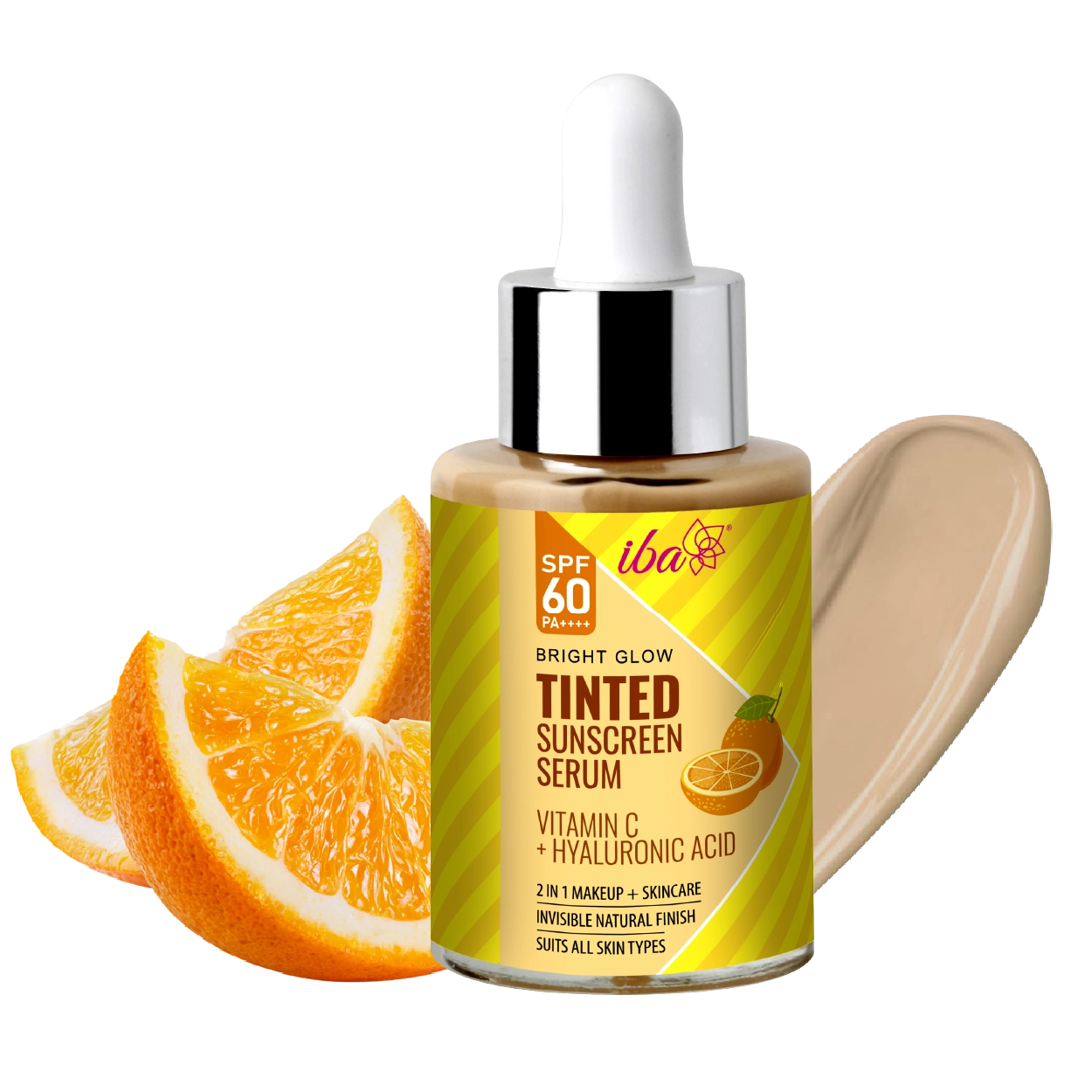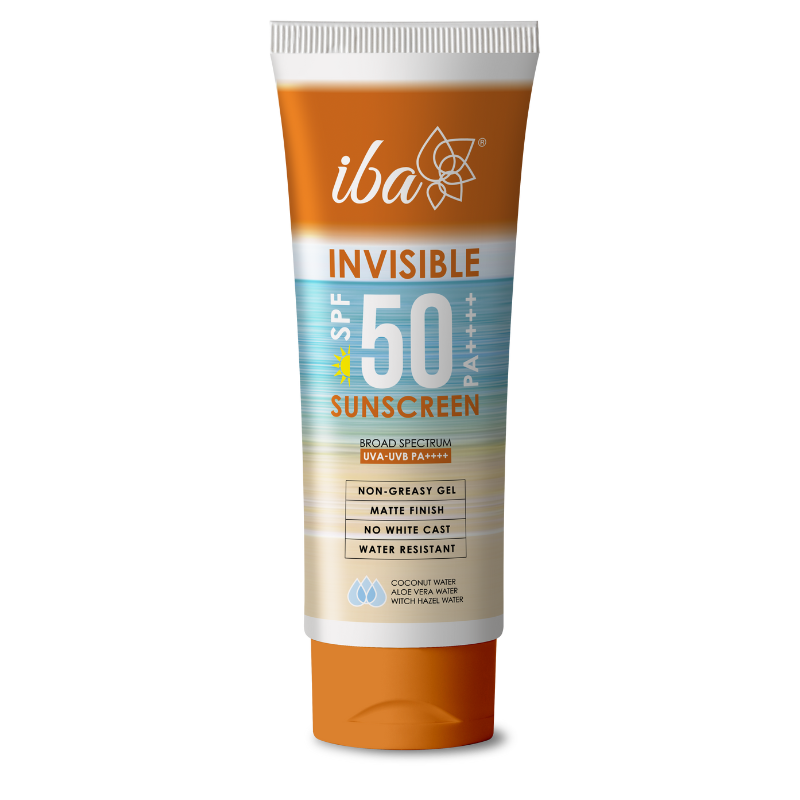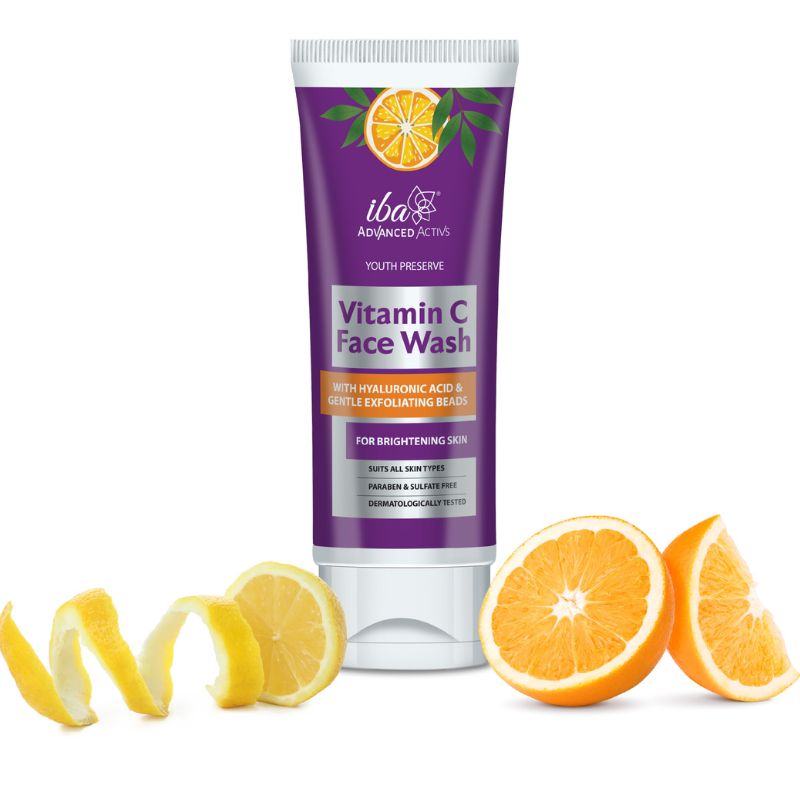Any skincare routine must include sunscreen, but it can be confusing to know the proper types of sunscreen, uses of sunscreen, and how to use sunscreen, everything from selecting the ideal sunscreen for your skin type to comprehending the important advantages of sunscreen to the reasons why skipping it can be detrimental is covered in this sunscreen benefits.
What Is Sunscreen and Why Is It Important?
A topical product called sunscreen shields your skin from the sun's damaging ultraviolet (UV) rays. Sunburns, early aging, skin damage, and an increased risk of skin cancer are all brought on by UV radiation. For this reason, it's critical to understand when to apply sunscreen as part of your daily routine.
Effects of Not Wearing Sunscreen
Failing to use sunscreen regularly can lead to multiple skin problems, including:
-
Premature wrinkles and fine lines
-
Uneven skin tone and dark spots
-
Sunburns and peeling skin
-
Increased risk of skin cancer
The best way to protect your skin is to apply sunscreen daily, regardless of the weather or season.
 Types of Sunscreen
Types of Sunscreen
Knowing the different kinds of sunscreens enables you to choose the best one for your skin type and way of life.
Chemical Sunscreens
These absorb ultraviolet light and transform it into heat, which the skin then releases. Chemical sunscreens are typically easy to apply and lightweight.
Physical (Mineral) Sunscreens
Active mineral ingredients like titanium dioxide and zinc oxide, which are found in physical sunscreens, physically reflect and block UV rays from the skin.
Tinted Sunscreens
Tinted sunscreens offer the dual benefit of sun protection and light coverage that evens out skin tone. For example, the tinted sunscreen from Iba Cosmetics protects your skin while enhancing your natural glow.
Sunscreen Guide According to Your Skin Type
To guarantee both comfort and efficacy, choosing the appropriate sunscreen is essential. This is a brief guide:
-
For dry skin, use sunscreen for dry skin enriched with moisturizing ingredients to keep your skin hydrated.
-
If you have oily or acne-prone skin, opt for a lightweight, non-comedogenic sunscreen for oily skin that controls shine.
-
Combination skin types benefit from balanced formulas like the sunscreen for combination skin that hydrate dry areas while controlling oil.
Uses of Sunscreen
Sunscreen isn't only for beach trips and sunny days. Among its common applications are:
-
Skin protection when engaging in regular outdoor activities, such as walking or commuting
-
Protecting windows from UV rays caused by extended indoor exposure
-
Avoiding sun exposure-induced hyperpigmentation
-
lowering the chance of UVA ray-induced premature aging
How to Use Sunscreen Effectively?
Proper application is key to getting the full sun screen benefits:
-
Apply sunscreen generously to all exposed skin 15-20 minutes before stepping outdoors.
-
Use a broad-spectrum sunscreen with at least SPF 30. Products like sunscreen SPF 50 offer high protection.
-
Reapply every two hours, especially if sweating or swimming.
-
Don’t forget easy-to-miss areas like ears, neck, and hands.
It's equally critical to know when to apply sunscreen. Even on overcast days or indoors near windows, use it every day as the final step in your morning skincare routine.
How to Incorporate Sunscreen Into Your Skincare Routine?
Applying sunscreen correctly is essential to reaping its full benefits.
-
Wash your face with Vitamin C Face Wash to clean out all the dirt and dust from your skin.
-
Apply liberally to all exposed skin 15 to 20 minutes prior to leaving the house.
-
Select a broad-spectrum sunscreen that has at least SPF 30; those with SPF 50 offer even more protection.
-
Apply again every two hours, particularly after swimming or perspiring.
-
Your hands, neck, and ears are easy places to overlook.
-
As the last step in your morning skincare routine, apply sunscreen every day, even on overcast days or when you're indoors close to windows.
 Myths and Misconceptions About Sunscreen
Myths and Misconceptions About Sunscreen
Let's dispel some sunscreen-related myths. Contrary to popular belief, up to 80% of UV rays can still penetrate clouds and harm your skin, so sunscreen is still necessary on overcast days. Another misconception is that darker skin tones don't require sunscreen; however, all skin tones are susceptible to sun damage and should wear sunscreen every day. Finally, a common misconception is that sunscreen is only required at the beach or when sunbathing. However, UV exposure occurs every day, even indoors near windows, so everyone should wear sunscreen every day.
Sunscreen vs. Sunblock Explained
Although the terms sunblock and sunscreen are often used interchangeably, there is a small distinction between the two. See this thorough explanation of sunscreen vs. sunblock explained for a clear understanding. Sunblocks are typically thicker and physically block UV rays, whereas sunscreens absorb UV radiation.
Explore Iba’s Sun Protection Range
Iba Cosmetics offers a large range of sunscreens that are suitable for all skin types, making it simpler to protect your skin from the sun. Our selection of sunscreen collection includes mattifying formulas for oily skin and moisturizing options for dry skin.
FAQs
How often should I apply sunscreen?
As the final step in your skincare routine, apply sunscreen every morning. If you're swimming, sweating, or outside, reapply every two hours.
Can I use sunscreen on oily or acne-prone skin?
Yes, look for a lightweight, non-comedogenic formula like sunscreen for oily skin to protect without clogging pores.
Is sunscreen necessary indoors or on cloudy days?
Of course. Applying sunscreen every day, even indoors, is crucial for long-lasting protection because UV rays can pass through windows and clouds.






